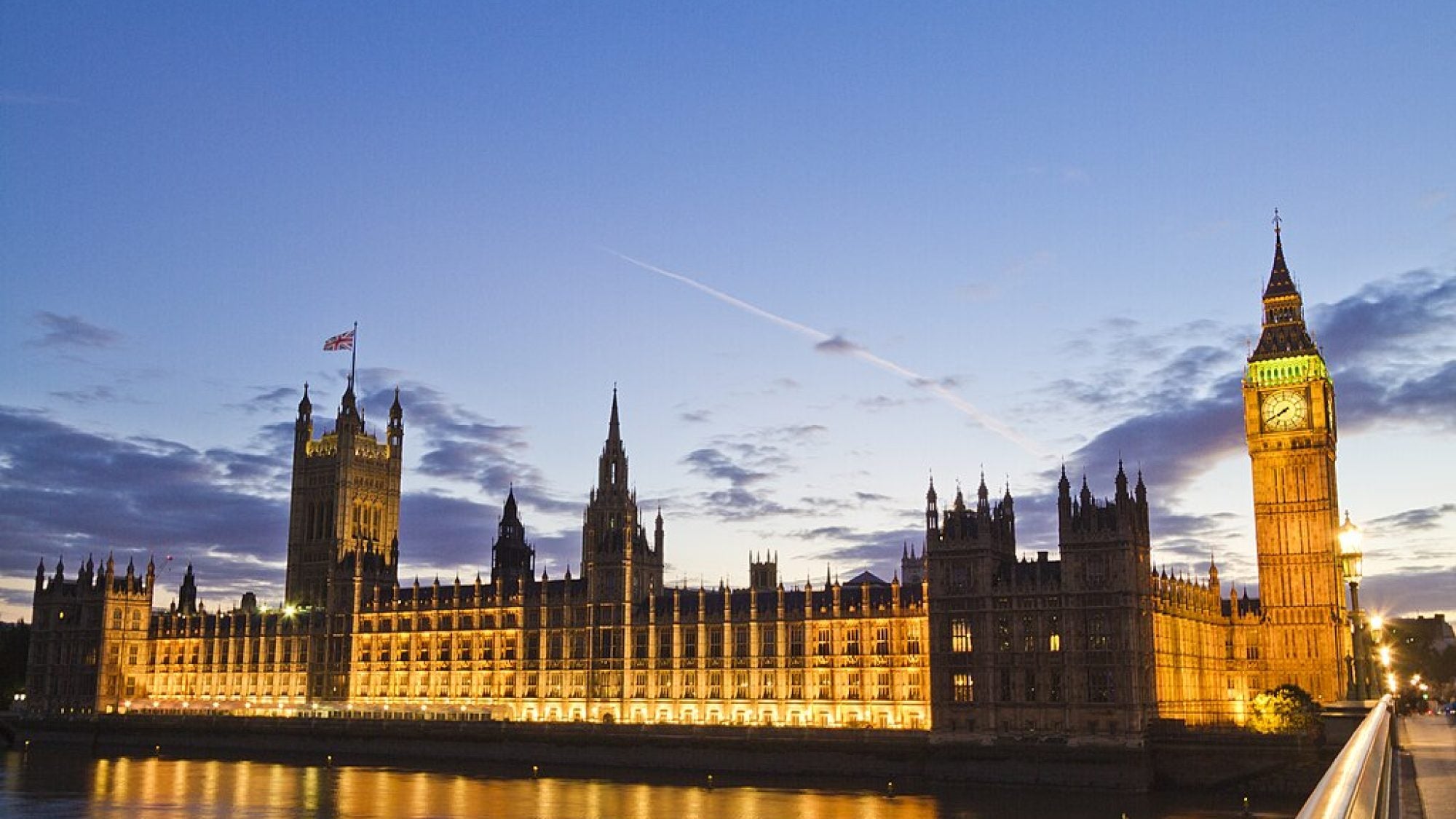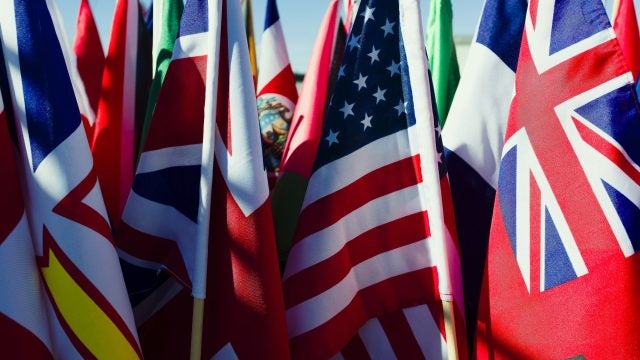
Title: UK Foreign Policy: Where did the Liberal Democrats go?
More than halfway through the current UK coalition government’s mandate, it is safe to say that the government’s foreign policy is projecting the Conservatives perspective with an overwhelming absence of the Liberal Democrats’ views, especially with regards to relations with the EU. Overall, the main drivers of foreign policy have been trade–especially with rapidly developing countries–and recognition of the UK’s declining power on the world stage.
It is hard to reconcile that a pro-EU party, like the Liberal Democrats, is part of the same government that is threatening the EU with an exit referendum in 2017. Prime Minister David Cameron has also recently called for a review of how EU membership affects the UK. While this exercise is seen by many as a response to the rising voices of euro-skeptics within the conservative party as well as the increasing popularity of the UK Independent Party (UKIP), the Prime Minister’s recent speech about the European Union did propose some legitimate reforms for the EU system.
For example, the call for more democratic accountability in EU institutions is a legitimate request, given the fact that current EU commissioners who manage multi-billion budgets are non-elected officials. However, Cameron’s speech contained a major contradiction in that he simultaneously insisted that the national parliament take on a bigger role while saying that he didn’t see his parliament being able to handle the “in or out” question and would instead let a referendum decide the question. Even if the whole EU saga can be considered as part of the management of party politics within the conservative party, it is very risky as well as unlikely that the UK would receive sufficient support for negotiation of a new EU treaty.
Whatever the direction this takes, the EU is undoubtedly crucial for the UK’s economy. 2012 saw over 51% of UK exports going to the EU and 50% of its imports coming from the EU. It is worth noting that this was significantly higher only 10 years ago, when the numbers were 62% and 59%, respectively. Could it be that this decline in trade presents one of the reasons for the UK evolving position towards the EU?
The BRICS (Brazil, Russia, India, China and South Africa), on the other hand, are becoming increasingly significant to British trade. UK exports to those countries have increased by 53% since 2007.
Cameron has made several visits to the BRICS countries recently, leading to increased trade with those countries. For example, though Cameron’s visit to China in November 2010 was dominated by questions over China’s human rights records, the year after the visit, UK exports to China grew by 17.6%. The Prime Minister has made two visits to India in July 2010 and February this year, the former of which was followed by an almost 45% increase in UK exports to India.
Cameron’s visit to Brazil last November, a country expected to assume a greater role in the world as it hosts the World Cup next year and the Olympics in 2016, was also seen as a crucial visit, aimed at boosting UK trade. In 2012, the UK was just Brazil’s eleventh trading partner in terms of exports and fourteenth in terms of imports with the balance of trade in favour of Brazil by around £630 million.
Except for South Africa—an emerging economy with good trade potential for the UK economy—which the Prime Minister visited in July 2011, Africa was not a major priority for UK foreign policy. Cameron remains focused on trade with mature emerging economies, a stage that most African economies have not yet reached.
Besides its trade potential, its status in NATO, and its role as an important partner is such an influencing actor in the Middle East and North Africa, Turkey is seen as an important target in UK foreign policy. The UK is a major supporter of Turkey’s accession to the EU despite the fact that the UK itself is threatening to leave the EU. Turkey also helped the UK and France enforce the non-fly zone in Libya that led to the fall of Gaddafi’s fall.
The diminishing influence of UK in matters of international security can be seen especially in the Middle East, with scenarios such as the Syrian conflict and the on-going crisis over the Iranian nuclear program. The recent kidnaping episode in Algeria (in which British citizens were killed) and the spread of terrorism in Mali are also examples of the continuing challenges in the region.
However, the UK remains a major economic partner to the Gulf states, and continues to exert some influence there. Although the Gulf states are perceived as cash cows for the British economy, they are still far from it. Only the United Arab Emirates appears in the list of the top 20 destinations of British exports. Cameron’s recent visit to the Gulf was dominated by arms deals for different countries in the region. Selling these weapons raises question on what these weapons are used for, given the growing instability in the region as well as on-going protests in Bahrain, Kuwait and Iraq.
In essence the coalition government’s foreign policy has been pragmatic and driven by trade interests with a focus on rapidly-growing economies. It will likely take years to see significant results of this policy.
Though they are the junior partners in the coalition, the Liberal Democrats must account for their seeming support for the foreign policy of a government in which they are partners. To their credit, they have worked to maintain coalition unity in situations which are damaging to them politically. Still, regardless of the relative inputs of the Conservatives and Liberal Democrats, it is clear that the UK is largely adjusting to its diminished influence on the global stage by focusing more on trade.
Image Credit: Mdbeckwith, CC BY-SA 3.0 <https://creativecommons.org/licenses/by-sa/3.0>, via Wikimedia Commons
This is an archived article. While every effort is made to conserve hyperlinks and information, GJIA’s archived content sources online content between 2011 – 2019 which may no longer be accessible or correct.
More News

This article compares U.S. and Chinese approaches to artificial intelligence (AI) exports in Africa and examines how these disparate approaches have produced both downstream benefits and challenges for the region.

On May 20, 2025, the World Health Assembly unanimously adopted the World Health Organization (WHO) Pandemic Agreement, an international treaty designed to strengthen pandemic prevention, preparedness, and…

As the Trump administration proposes a sweeping overhaul of the US foreign assistance architecture by dismantling USAID, the Millennium Challenge Corporation (MCC), and restructuring the State Department, there is an…